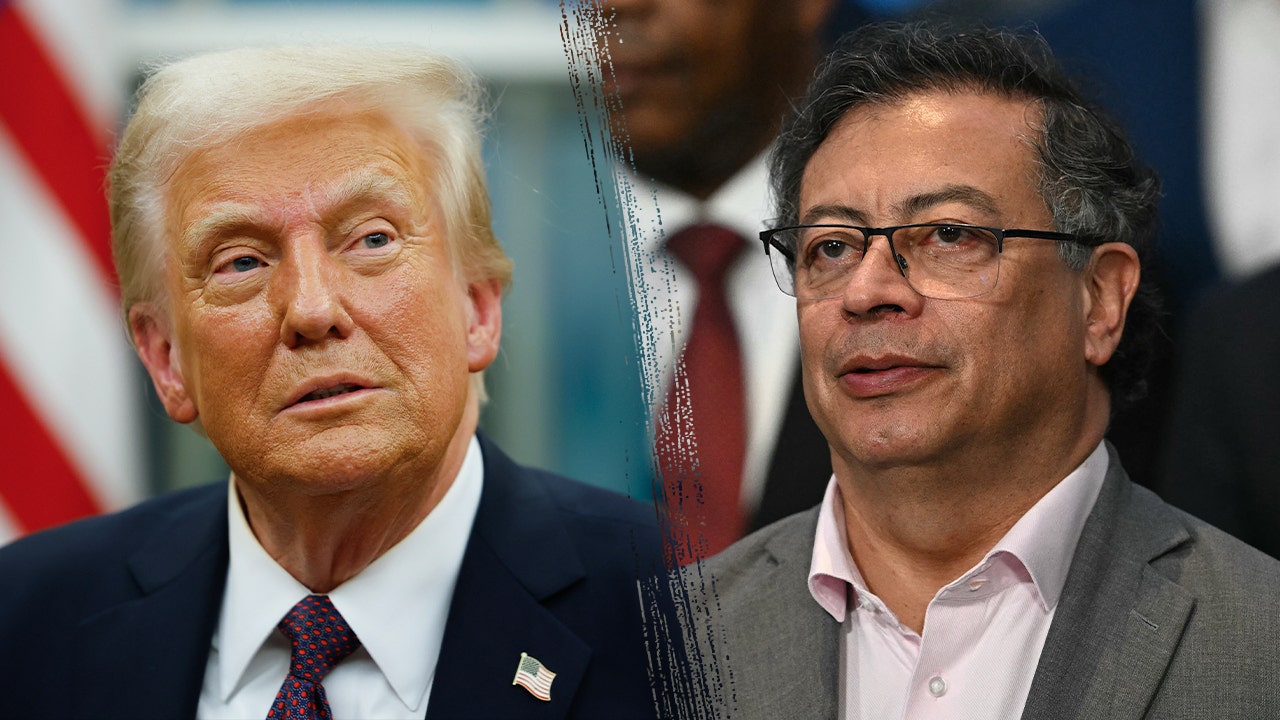A victory for Trump’s ‘FAFO’: How the White House strong-armed one-time close ally Colombia over immigration

Colombia’s swift reversal on accepting deportation flights from the U.S. has sent shockwaves through the diplomatic world, with President Donald Trump hailing it as a victory for his tough governing style. The move, which saw Colombia initially refuse two deportation flights only to later cave to U.S. demands, has strained relations between the two countries and raised concerns about Colombia’s shifting allegiances.
President Gustavo Petro’s decision to reject the deportation flights led to a swift response from Trump, who imposed steep tariffs on Colombian goods and implemented a travel ban on Colombian officials. In response, Petro initially retaliated with tariffs of his own, but ultimately gave in to U.S. pressure and agreed to accept the deportees on military planes.
Experts believe Petro was caught off guard by the forceful response from the U.S., which had previously been a strong ally to Colombia. The Biden administration’s lack of pushback against the Petro government’s actions may have emboldened the Colombian leader to challenge the U.S. But faced with economic and diplomatic repercussions, Petro ultimately relented.
The fallout from the Colombia-U.S. spat has already had global implications, with China announcing it would accept its own nationals who are deported from the U.S. under the threat of tariffs. This move highlights the ripple effect of the U.S.’s tough stance on immigration and deportation.
Despite Biden and Harris’s warnings to migrants not to come to the U.S., illegal immigration figures remain high, prompting the need for deportation flights. Petro’s refusal to accept the deportees on grounds of dignity and respect ultimately backfired, leading to a diplomatic crisis with the U.S.
Colombia’s dependence on U.S. aid and the close security partnership between the two countries make Petro’s decision to challenge the U.S. puzzling. The country has received billions in foreign assistance from the U.S. for various programs, including counternarcotics efforts and the implementation of the peace accord with the FARC rebel group.
The fallout from the deportation flights debacle has highlighted Petro’s intent to distance Colombia from U.S. influence and align with countries like China, Russia, and Iran. This shift in geopolitical alignment could have far-reaching consequences for Colombia’s relations with the U.S. and its standing in the international community.
As Colombia works to repair relations with its biggest trading partner, the U.S., the incident serves as a stark reminder of the complexities of international diplomacy and the consequences of challenging a global superpower like the United States.




